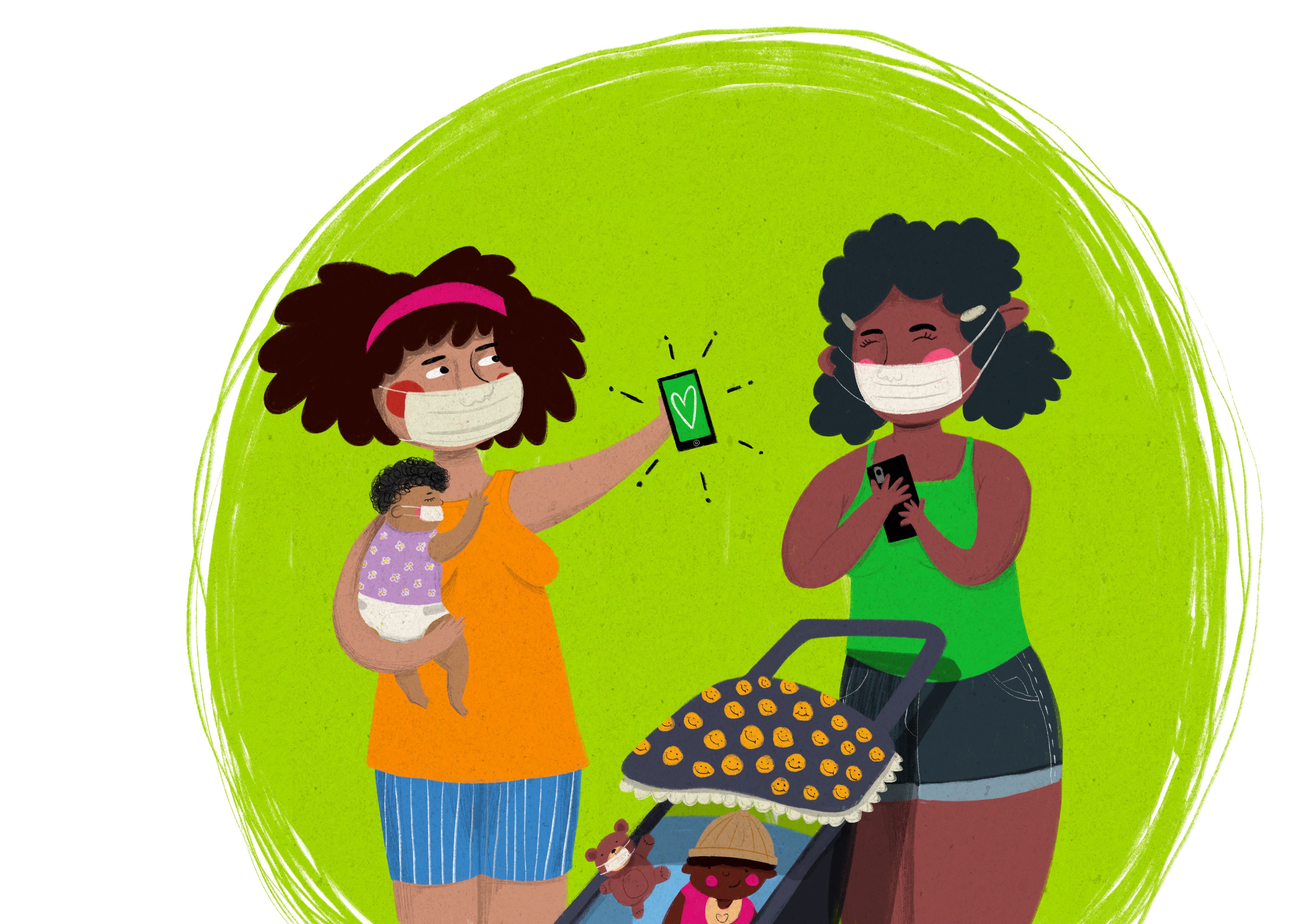Basic income from Zika to Covid-19
supporting care workers in humanitarian emergencies
Abstract
The Covid-19 pandemic mirrors the Zika epidemic to show that public health emergencies are most devastating for vulnerable populations, especially women. Caregivers of children affected by Congenital Zika Syndrome live an intense care routine. They are young, black women, with low formal education and with precarious paid work relationships. The pandemic has exacerbated the intensity of care work, already socially devalued and unpaid. Sanitary measures to control the disease also weakened family subsistence conditions, commonly limited to informality. Among women affected by Zika, WhatsApp serves as a space for social mobilization and exchanges of experiences. Through ethnographic research in the groups, we concluded that the Emergency Income is an essential social protection measure to mitigate the impact of humanitarian crises during health emergencies, as seen during the Zika epidemic and now during the Covid-19 pandemic. In this sense, we argue that social policies must be sensitive to the various inequities for adequate protection of those who do the care work.
KEYWORDS:
Reproductive work. Public health emergencies. Emergency aid. Zika. Covid-19.
Illustracion: Alisa Pincay @alisapincay
Downloads

Downloads
Published
Issue
Section
License
- Autores mantém os direitos autorais e concedem à revista o direito de primeira publicação, com o trabalho simultaneamente licenciado sob a Licença Creative Commons Attribution que permite o compartilhamento do trabalho com reconhecimento da autoria e publicação inicial nesta revista.
- Autores têm autorização para assumir contratos adicionais separadamente, para distribuição não-exclusiva da versão do trabalho publicada nesta revista (ex.: publicar em repositório institucional ou como capítulo de livro), com reconhecimento de autoria e publicação inicial nesta revista.
- Autores têm permissão e são estimulados a publicar e distribuir seu trabalho online (ex.: em repositórios institucionais ou na sua página pessoal) a qualquer ponto antes ou durante o processo editorial, já que isso pode gerar alterações produtivas, bem como aumentar o impacto e a citação do trabalho publicado (Veja O Efeito do Acesso Livre).


